WADA provisionally suspends Chatenay-Malabry laboratory
Lab self-reported contamination case
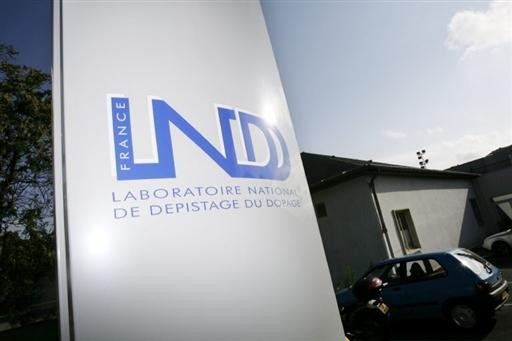
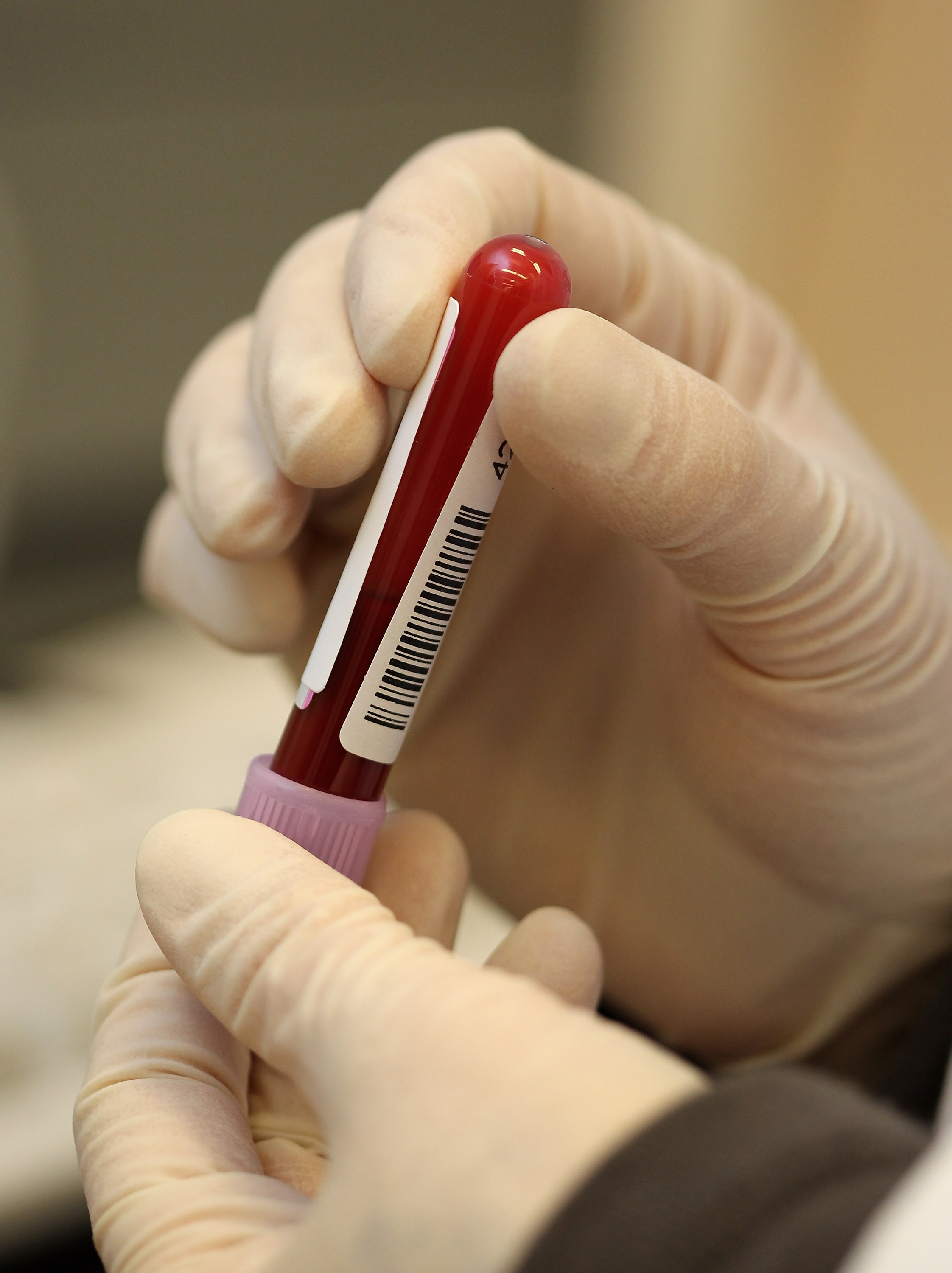
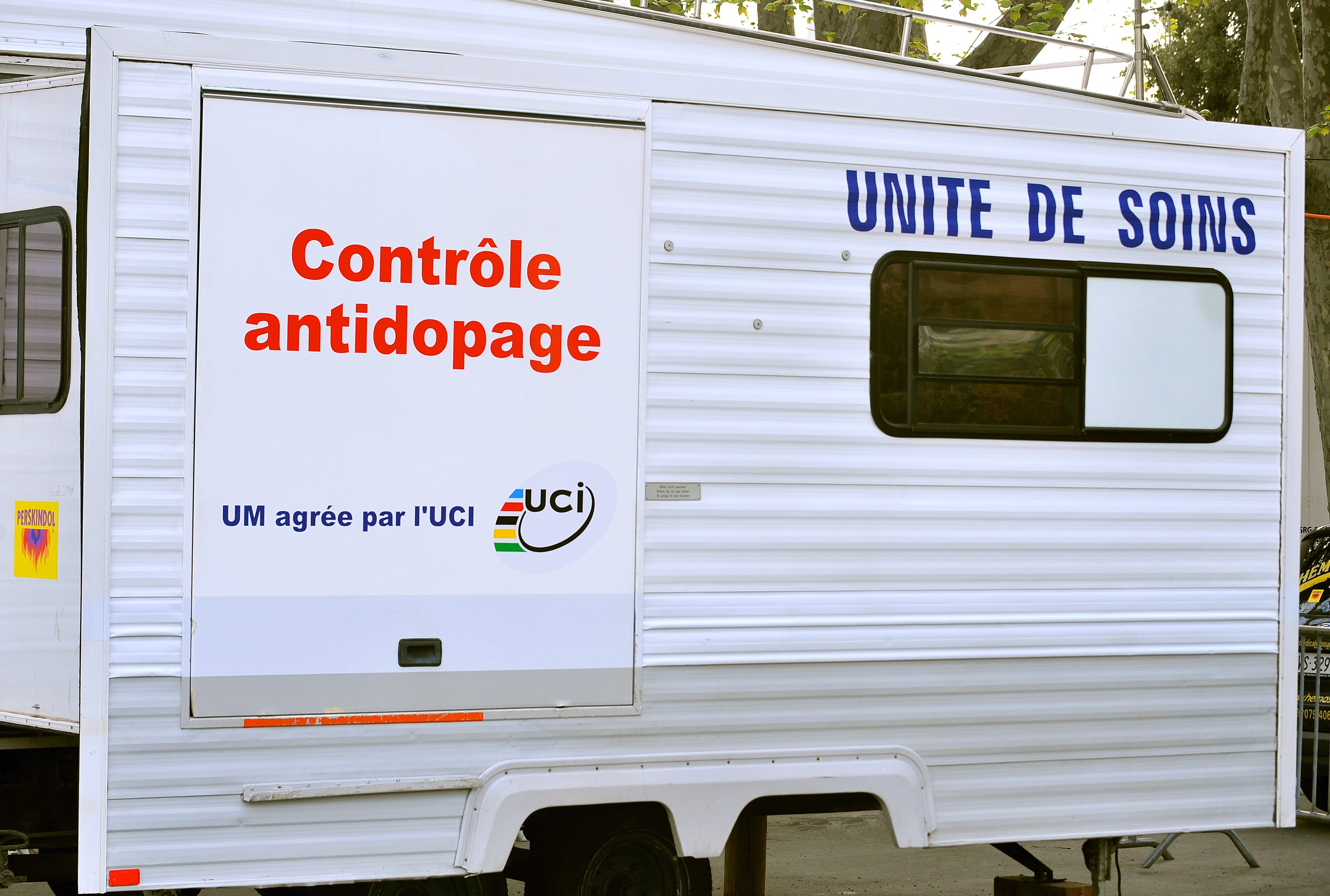
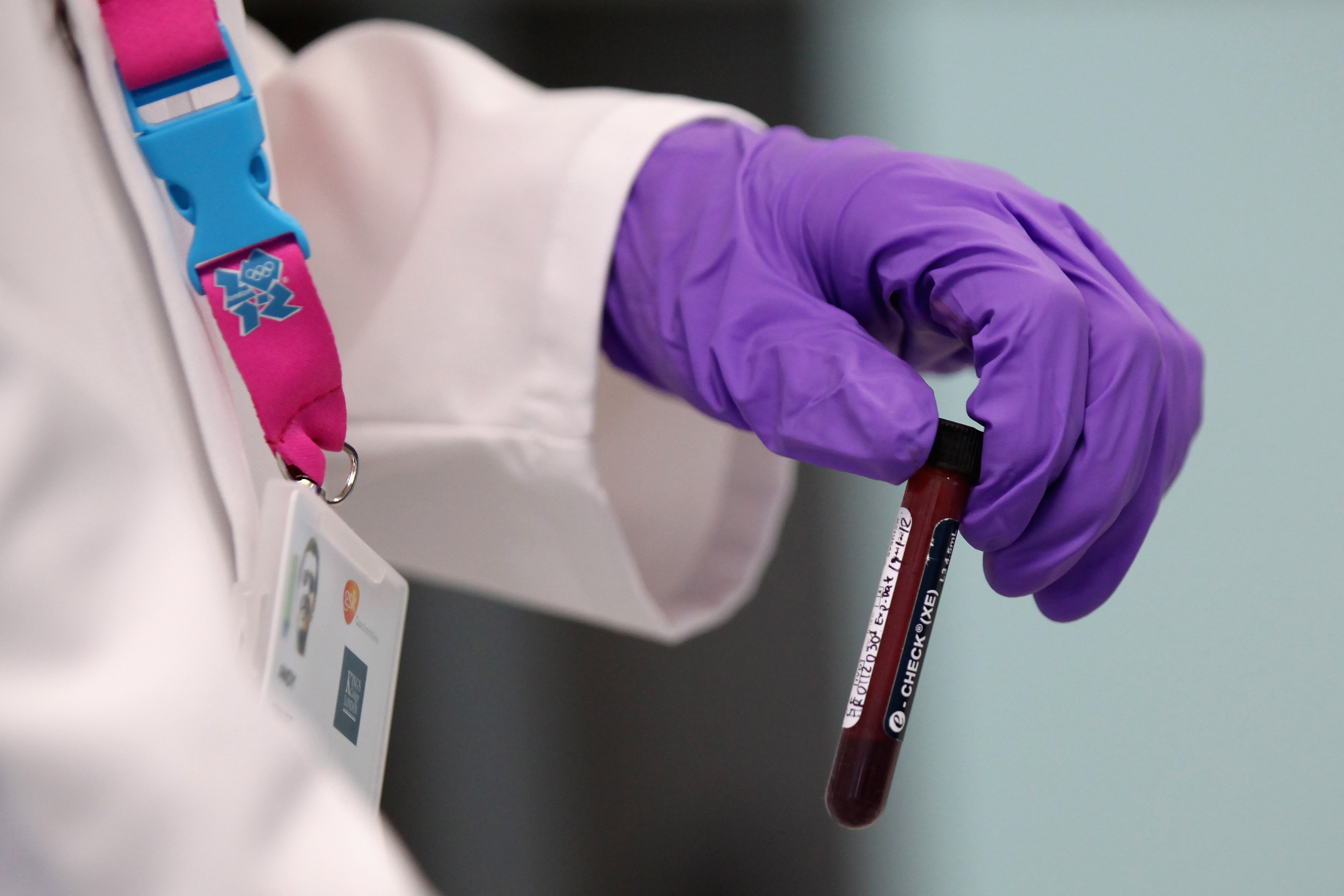
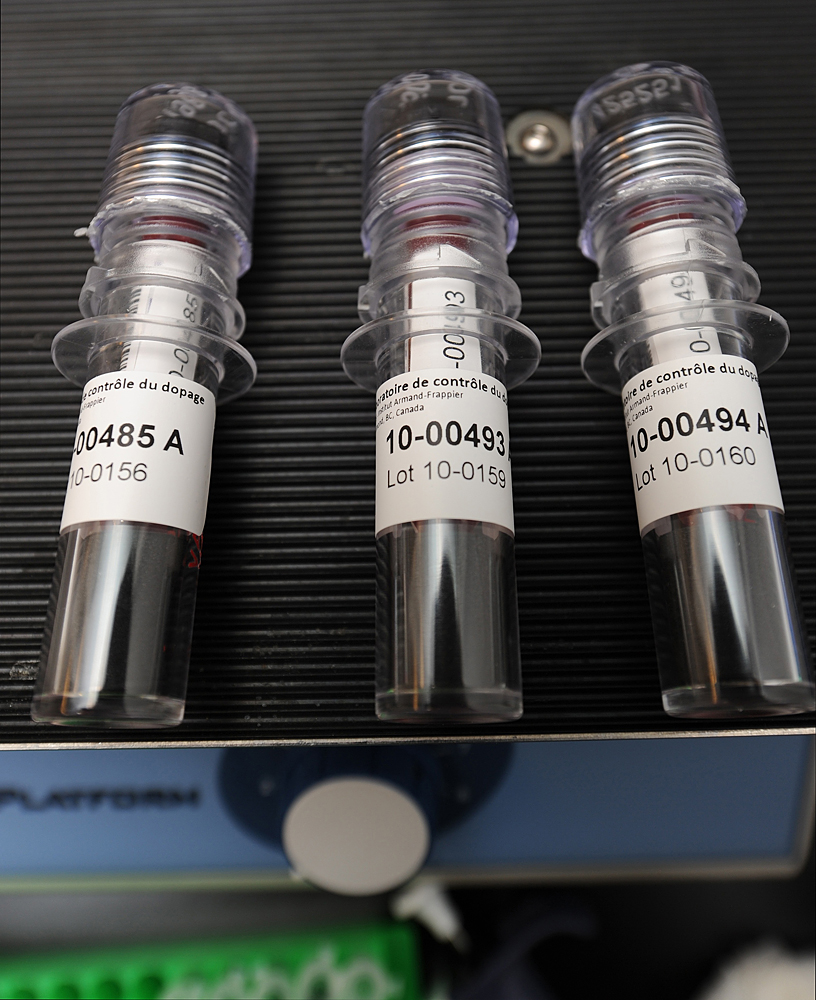
The World Anti-Doping Agency (WADA) has provisionally suspended the accreditation of the laboratory in Châtenay-Malabry, near Paris. The laboratory, run by the French anti-doping agency AFLD, developed the urine test for EPO and carries out much of the analysis of samples taken at the Tour de France.
In a statement issued on Monday evening, WADA announced that the provisional suspension had been handed down "due to analytical issues self-reported to WADA by the Laboratory".
The suspension took effect on September 24 and prohibits the laboratory from analysing urine and blood samples pending a hearing of WADA's independent disciplinary committee.
Le Monde has reported that there were two instances of contamination in the laboratory, which arose after a urine sample with an exceptionally high concentration of anabolic steroids had left a residue on the testing equipment that remained even after thorough washing.
According to Le Monde, the Châtenay-Malabry lab found traces of steroids in two urine samples in the spring but, following a request for the analysis of the B sample, it was established on August 25 that the samples had been contaminated by the testing equipment.
The AFLD reported the error to WADA on August 28, and had hoped to escape a complete shutdown of its operations.
"We were surprised. The decision is severe," AFLD secretary general Mathieu Téoran told Le Monde. "Obviously, contamination is one of the problems that WADA fears the most. But the origin here was not due to malevolence, fraud, or incompetence, and the problem was contained. It's a big blow."
The latest race content, interviews, features, reviews and expert buying guides, direct to your inbox!
Ten of the 32 WADA-accredited laboratories around the world have been suspended at one point or another, but it is the first time that the Châtenay-Malabry laboratory has been suspended. During the Châtenay-Malabry lab's suspension, the AFLD will have to send its samples to be tested in laboratories in neighbouring countries.
The Châtenay-Malabry laboratory made headlines in 2005, when L'Équipe reported that testing of Lance Armstrong's B-samples from the 1999 Tour de France – carried out for research purposes as the lab refined its EPO test – demonstrated that he had used EPO during the race.
The laboratory has reportedly suffered from a dearth of funding in recent years, although it has also developed a test for FG-4592, a compound which stimulates the body's secretion of EPO.
